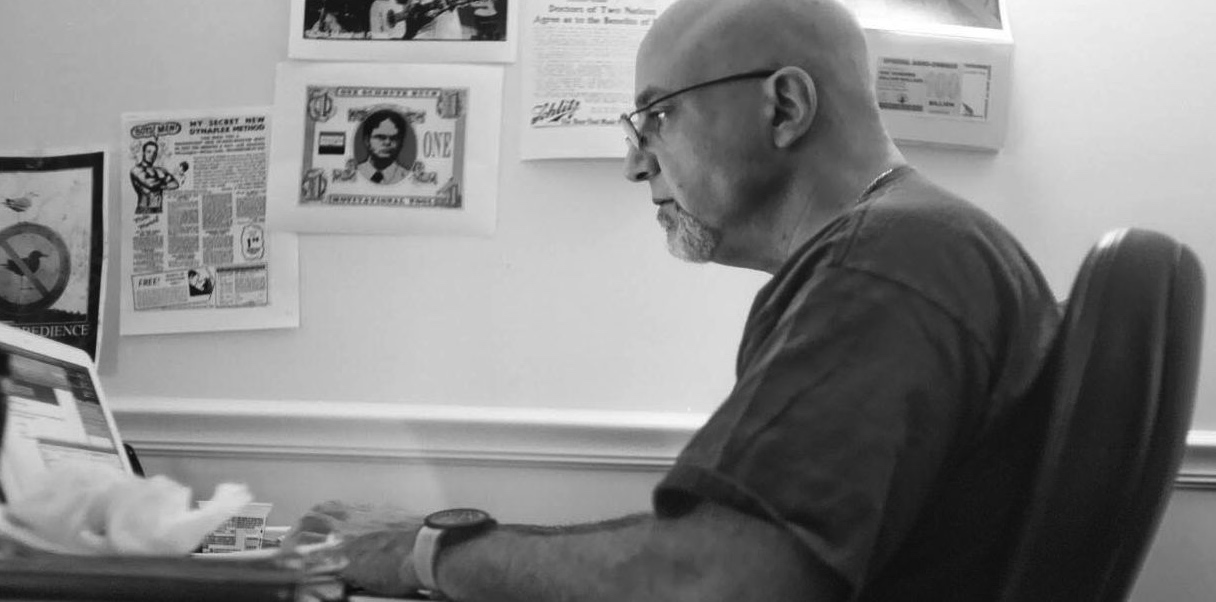Atlas Shrugged – Day 054 – pp. 599-608
Wow. When last we left our epic, the road foreman had just been dispatched to locate a coal locomotive to pull the Comet through the tunnel at Winston(?) Colorado. He received his orders through a chain of command woven so that it could not be traced to its original issuer.
The trainmaster’s story is next.
He had no family, no friends or ties to anyone except a younger brother who he raised. When he graduated college, he had gone to work in a research laboratory “on a salary unusual for his age.”
His brother must have been proud.
Then on the evening Directive 10-289 was passed, he got the word that his brother had committed suicide. At that moment he lost any concern for the rest of humanity.
Now, he’s calling for a crew to run the train.
This is what life and business had come to under Directive 10-289. Even the among the “average” there was greatness. I think this is a little inclusionary tactic by Rand. Let the reader know that it isn’t just the d’Anconias and the Dagnys and the Reardens of the world who matter.
Anyone who understands the value work and production is a vital piece of the puzzle.
Anyway, back to the story. Engine and crew on the way. Dave Mitchum tells Bill Brent he’s going to Fairmount to see if they have diesel there.
“The way things stack up,” said Mitchum, not looking at him, “we can’t hold that train till morning. We’ve got to take a chance, one way or another, Now I think maybe this Diesel will do it, but that’s the last one we can try for. So if you don’t hear from me in half an hour, sign the order and send the Comet thought with Number 306 to pull her.”
“If you don’t hear from me in half an hour – take this gun and shoot yourself in the head.”
If they’d put half the effort into solving problems as they do absolving themselves from blame. . .
But to his credit, Brent says no. He understands the trap Mitchum is laying. He’s a goner one way or another. May as well go out with a little honor. One thing did terrify him though:
“It was not the sight of Mitchum that made him sit still in horror. It was the realization that there was no one whom he could call to expose this thing and stop it –“
Brent got up and quit.
Mitchum’s in a panic. He calls to the night dispatcher – a young boy – across the room to come over. He makes him the new acting chief dispatcher and issues him the same orders he gave Brent. The young boy wasn’t as wise.
Thirty minutes later, the boy hadn’t heard from Mitchum. And even he has doubts.
“He turned to the trainmaster and the road foreman, asking hesitantly, “Mr. Mitchum gave me an order before he left, but I wonder whether I ought to send it, because I . . . I don’t think it’s right. He said –“
Do what you’re told. You’re not supposed to think.
The responsibility that James Taggart and Clifton Locey had evaded now rested on the shoulders of a trembling bewildered boy. He hesitate, then he buttressed his courage with the thought that one did not doubt the good faith and the competence of railroad executives.”
The engineer on the train got the message to go through with the coal engine. He quits and walks out.
Joe Scott, a drunk engineer who drove the engine down volunteers for the job.
As the train pulled out…
“See?” said Kip Chalmers triumphantly to Lester Tuck . . . “Fear is the only practical means to deal with people.”
Rand goes on to list some of the travelers on the train.
“. . .a professor of sociology who taught individual ability is of no consequence. . . a journalist who wrote it is proper and moral to use compulsion “for a good cause” . . . a teacher who professed the only standard of good was the will of the majority . . . a newspaper publisher who believed that men were evil by nature and unfit for freedom. . . a professor of economics who advocated the abolition of private property . . . a sniveling little neurotic who wrote cheap little plays into which, as a social message, he inserted cowardly little obscenities to the effect that all business men were scoundrels. . .”
There were more. But you get the idea.
These passengers were awake; there was not a man aboard the train who did not share one or more of their ideas. As the train went into the tunnel, the flame of Wyatt’s Torch was the last thing they saw on earth.
That’s just a dark, grisly, hopeless scene painted by Rand. Everyone too afraid or beaten down to stand up and do the right thing. Sending a train full of people to their death in the tunnel. (I’m assuming it’s a ventilation issue…) On the other hand, given Rand’s description of the passengers, maybe the did society a small favor.
In any case, the chapter ends a page early So I’m stopping here. Chapter VIII tomorrow…
